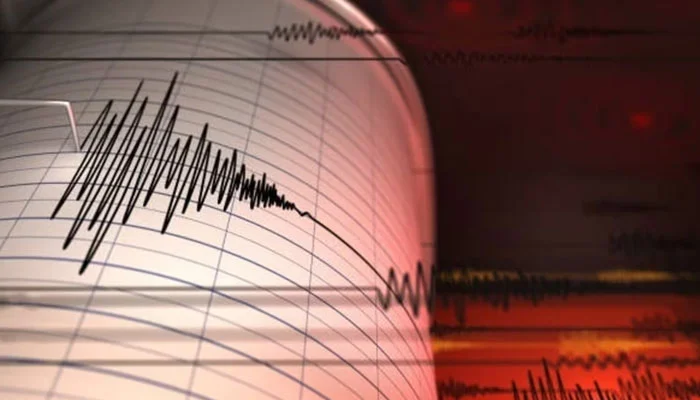Market Research Record – A powerful earthquake with a magnitude of 6.8 on the Richter scale has struck off the coast of Central America, impacting El Salvador, Honduras, and Nicaragua. Despite its intensity, there have been no immediate reports of significant damage or casualties. The earthquake occurred at 6:22 pm (0222 GMT) in the Pacific Ocean, approximately 66 kilometers (41 miles) south of El Salvador’s coast, and its tremors were felt in several neighboring countries.
El Salvador’s environment ministry has provided some relief by stating that there is no tsunami warning for the country, offering reassurance to coastal communities. Salvadoran lawmaker Salvador Chacon took to Twitter to inform that authorities were assessing the situation in La Libertad, near the capital city of San Salvador, but no damages have been reported thus far.
Initially recorded as a magnitude 6.5 by the US Geological Survey (USGS), the earthquake’s magnitude was later updated to 6.8 by the Salvadoran Ministry of Environment after reviewing the data. Fortunately, there is currently no immediate threat of a tsunami in the region.
The impact of the earthquake extended beyond El Salvador’s borders, with reports of tremors being felt in Nicaragua, Honduras, Guatemala, and Belize. The Salvadoran military has identified the quake’s origin at the collision point of the Cocos and Caribbean tectonic plates. As a result, authorities in El Salvador and other Central American countries are closely monitoring various areas for potential damages.
Juan Jose Reyes, the early warning coordinator for Honduras’ Permanent Contingency Commission, stated that the effects of the earthquake were felt “throughout the country,” with the strongest tremors experienced near the Gulf of Fonseca, which is shared by El Salvador and Nicaragua.
Central America is known for its high seismic activity due to its location along the Pacific Ring of Fire, an area prone to earthquakes and volcanic eruptions. Therefore, preparedness and vigilance remain crucial for ensuring the safety and well-being of the region’s inhabitants.
Local media outlets and witnesses confirmed the widespread impact of the earthquake, emphasizing the urgency for governments to coordinate efforts and prioritize the safety of their citizens during such natural disasters.
As the affected nations assess the situation and collaborate to manage potential aftershocks, the international community stands ready to offer support and solidarity during this challenging time.





